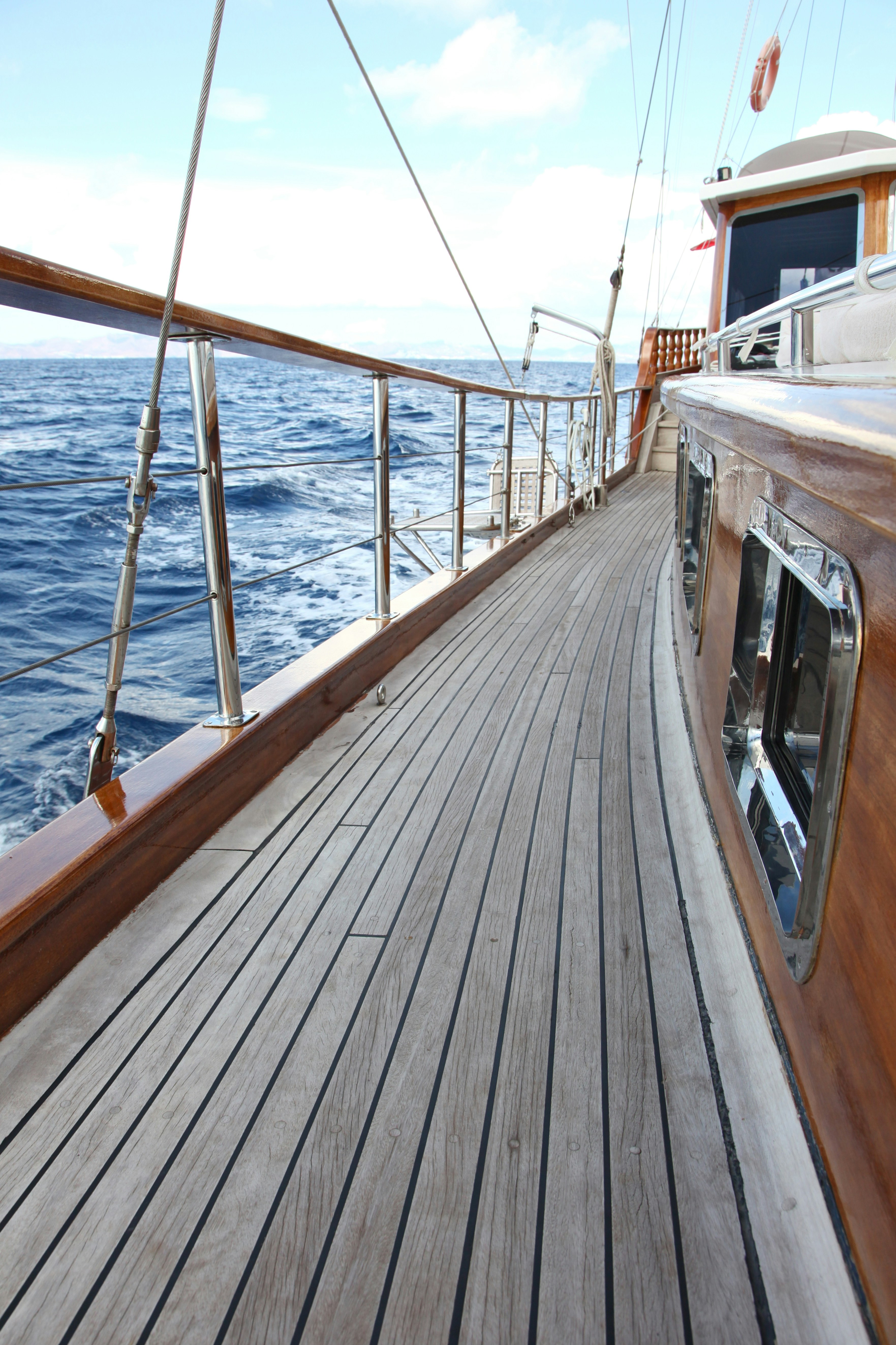How Much Does The Average Pontoon Boat Weigh?

Understanding Pontoon Boats
Pontoon boats are popular watercraft designed to float on pontoons, or flotation devices, which provide buoyancy. These boats are commonly used for leisurely activities like cruising, fishing, or simply spending time on the water with friends and family.
What Makes Up a Pontoon Boat?
A standard pontoon boat consists of a deck supported by two or more pontoons. The deck typically includes seating, a steering console, and other amenities depending on the boat’s purpose. The size and weight of the boat can vary depending on its design and construction.
Factors Influencing Weight
Several factors can influence the weight of a pontoon boat. Understanding these factors is essential when determining the average weight of a pontoon boat.
Size of the Boat
The size of a pontoon boat plays a significant role in its weight. Larger boats with more deck space, seating capacity, and amenities will naturally weigh more than smaller, more compact models. When considering the weight of a pontoon boat, it’s essential to take its size into account.
Construction Materials
The materials used in the construction of a pontoon boat can also impact its weight. Aluminum is a common material for pontoon boat construction due to its lightweight and corrosion-resistant properties. Fiberglass is another option that can result in a heavier boat. The choice of construction materials will influence the overall weight of the boat.
Engine Size
The size and type of engine installed on a pontoon boat can contribute to its weight. Larger engines will naturally weigh more, adding to the overall weight of the watercraft. When determining the weight of a pontoon boat, it’s crucial to consider the engine size and its impact on the boat’s weight.
Average Weight of Pontoon Boats
Now that we’ve covered the factors influencing the weight of pontoon boats, let’s delve into the average weight range you can expect from these watercraft.
Range of Pontoon Boat Weights
The average weight of a pontoon boat can vary significantly depending on its size, construction, and features. On average, pontoon boats can weigh anywhere from 1,500 pounds to 3,000 pounds for a typical 20-24-foot boat. Larger boats can weigh even more, ranging from 3,000 pounds to 5,000+ pounds for pontoon boats over 24 feet in length.
Lightweight vs. Heavy-Duty Models
Pontoon boats designed for recreational use tend to be on the lighter side, making them easier to tow and launch. These lightweight models are ideal for cruising, fishing, and other leisurely activities on calm waters. On the other hand, heavy-duty pontoon boats are built for durability and stability in rougher conditions, making them heavier and more robust.
Weight Capacity vs. Boat Weight
It’s essential to consider not only the weight of the pontoon boat itself but also its weight capacity. The weight capacity of a pontoon boat refers to the maximum amount of weight it can safely carry, including passengers, gear, and other items on board. Exceeding the weight capacity can compromise the boat’s performance and safety on the water.
Calculating Pontoon Boat Weight
If you’re in the market for a pontoon boat or already own one, you may want to know the exact weight of your watercraft. Here’s how you can calculate the weight of a pontoon boat.
Weight Calculation Formula
To calculate the weight of a pontoon boat, use the following formula:
Total Weight = Boat Weight + Engine Weight + Fuel Weight + Gear Weight + Passenger Weight
Boat Weight
The boat weight refers to the weight of the pontoon boat itself, including the deck, pontoons, seats, and other structural components. This weight is typically provided by the manufacturer and can vary based on the size and design of the boat.
Engine Weight
The engine weight refers to the weight of the outboard motor or inboard engine installed on the pontoon boat. This weight can vary depending on the size and type of the engine, with larger engines weighing more than smaller ones.
Fuel Weight
The fuel weight accounts for the weight of the gasoline or other fuel stored in the boat’s fuel tank. To calculate this weight, you can use the density of the fuel (in pounds per gallon) and the amount of fuel in the tank.
Gear Weight
Gear weight includes any additional equipment or gear stored on the pontoon boat, such as fishing gear, water sports equipment, coolers, and other items. Be sure to account for the weight of all gear when calculating the total weight of the boat.
Passenger Weight
Passenger weight refers to the combined weight of all individuals on board the pontoon boat. Be sure to include the weight of all passengers to ensure an accurate calculation of the total weight of the watercraft.
Conclusion
In conclusion, the average weight of a pontoon boat can vary depending on several factors, including size, construction materials, and engine size. Understanding these factors is essential when determining the weight of a pontoon boat and its impact on performance and safety on the water.
Whether you’re considering purchasing a pontoon boat or already own one, knowing the average weight range and how to calculate the weight of your watercraft can help you make informed decisions and enjoy your time on the water to the fullest.






